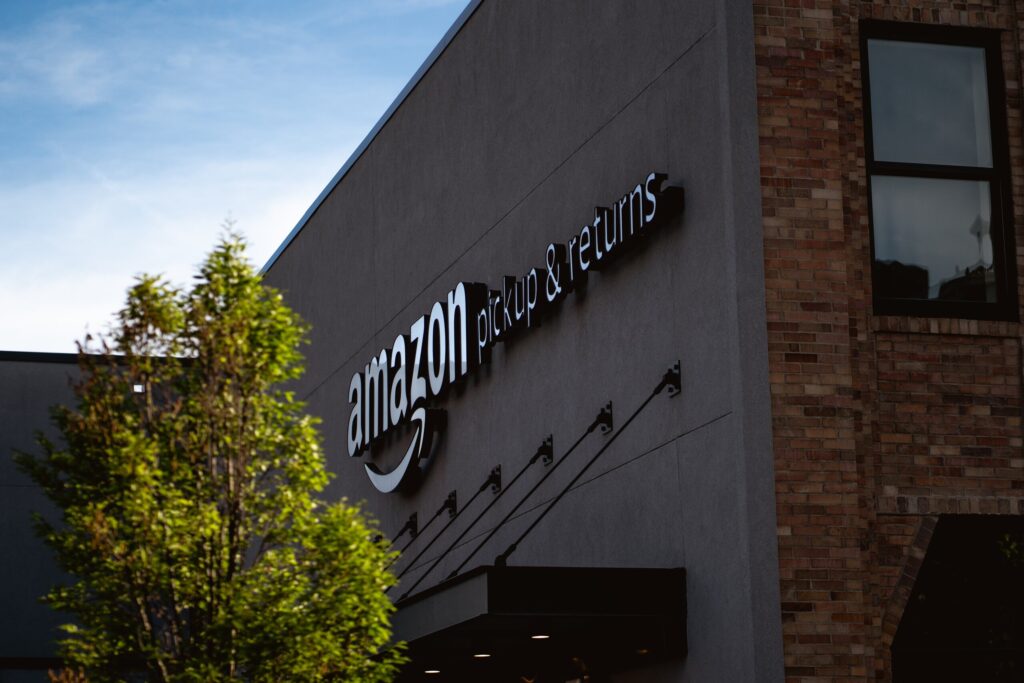Amazon.com Inc. finds itself entangled in yet another legal battle. The tech conglomerate, through its cloud-computing arm Amazon Web Services (AWS), faces a lawsuit filed by Subspace Omega LLC, a Wyoming-based web traffic optimization company.

The lawsuit alleges antitrust violations stemming from AWS’s purported actions in extinguishing Subspace’s operations, particularly its collaboration with Epic Games, the developer of the immensely popular online game Fortnite. As Amazon moves to dismiss the lawsuit, the legal tussle underscores the complexities and contentions surrounding market dominance and competitive practices in the digital age.
In a filing submitted to the Seattle federal court, Amazon refutes Subspace Omega LLC’s claims, asserting multiple grounds for dismissal. Central to Amazon’s defense is the contention that the lawsuit fails to demonstrate any obligation on AWS’s part to furnish complimentary network connections to Subspace globally. Amazon argues that the termination of their peering agreement with Subspace was a legitimate business decision, devoid of anticompetitive intent. Moreover, Amazon emphasizes the routine nature of business negotiations, implying that disagreements over terms do not inherently constitute antitrust violations.
Subspace Omega LLC, in its lawsuit, accuses Amazon of leveraging its dominant position in the cloud networking domain to stifle competition and eliminate innovative rivals. The shuttering of Subspace in 2022, following the cessation of its collaboration with Amazon, forms the crux of the antitrust allegations. Subspace contends that Amazon’s conduct, characterized as a calculated maneuver, aimed to erode its market presence and secure AWS’s monopoly profits. Notably, Subspace underscores Amazon’s purported refusal to engage in further dealings as indicative of monopolistic practices within the cloud networking arena.
The fallout from the termination of the peering agreement reverberates beyond Subspace Omega LLC, notably impacting Epic Games, one of Subspace’s key clients. With Amazon assuming the mantle of network optimization services for Epic Games post-termination, Subspace alleges contractual breach and financial harm, citing Epic Games as its largest customer. This development accentuates the broader repercussions of Amazon’s actions, not only on direct competitors but also on downstream stakeholders within the digital ecosystem.
Amazon’s legal skirmish with Subspace Omega LLC adds to the conglomerate’s mounting antitrust woes, with concurrent lawsuits from consumers and government entities, including the Federal Trade Commission (FTC). The FTC’s allegations of anti-competitive practices, particularly in inhibiting sellers from offering superior deals on alternate platforms, underscores the regulatory scrutiny confronting Amazon. As Amazon navigates these legal challenges, the outcomes hold significant ramifications for the company’s operational autonomy and market conduct.
